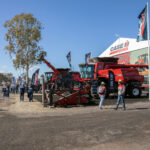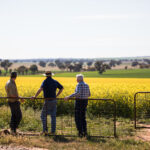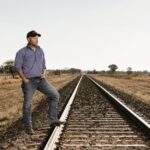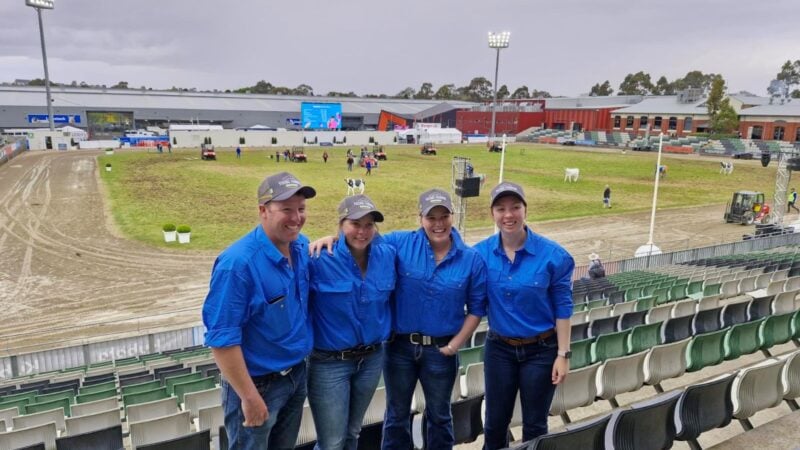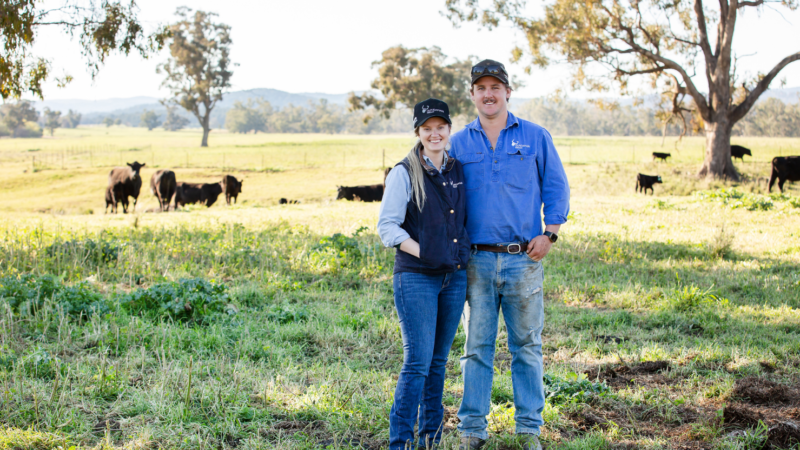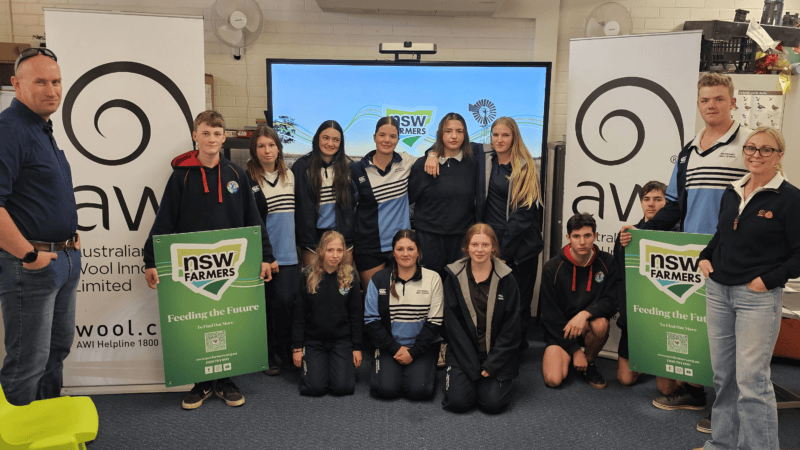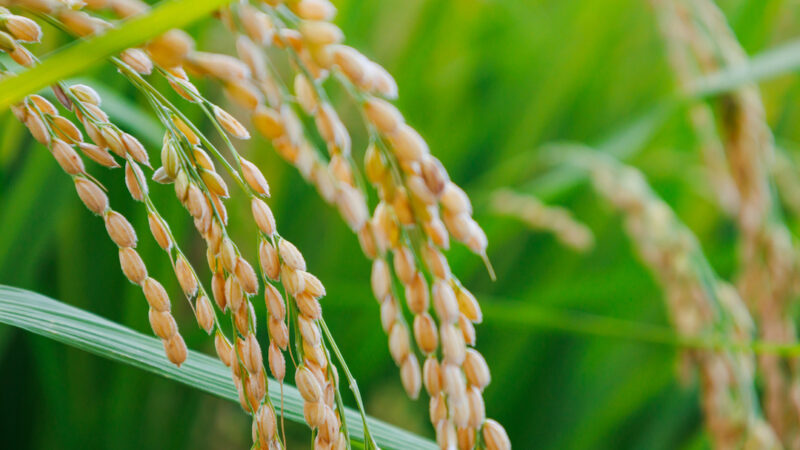The NSW Farmers team will be heading to Gunnedah next week to help celebrate to…
Why young farmers need to get involved
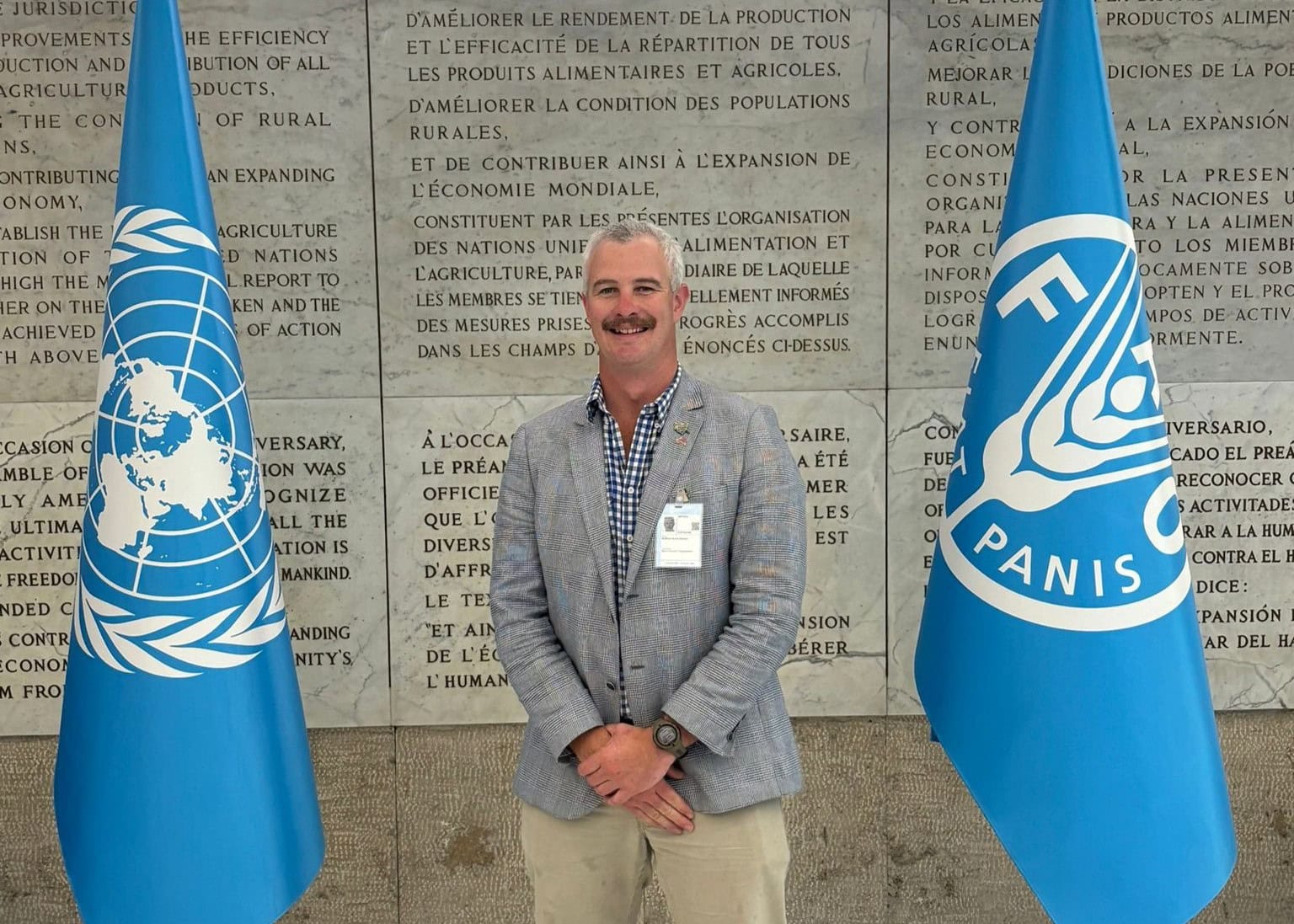
I recently had the opportunity to attend the World Food Forum in Rome as part of the World Farmers Organisation Gymnasium program.
The Gymnasium program is a leadership program for young farmers involved in advocacy and brings together young farmers from all over the world.
The World Food Forum was a great experience as it gave me an opportunity to represent Australian agriculture on a global scale. We were able to share issues and solutions while working on policy to develop outcomes for all.
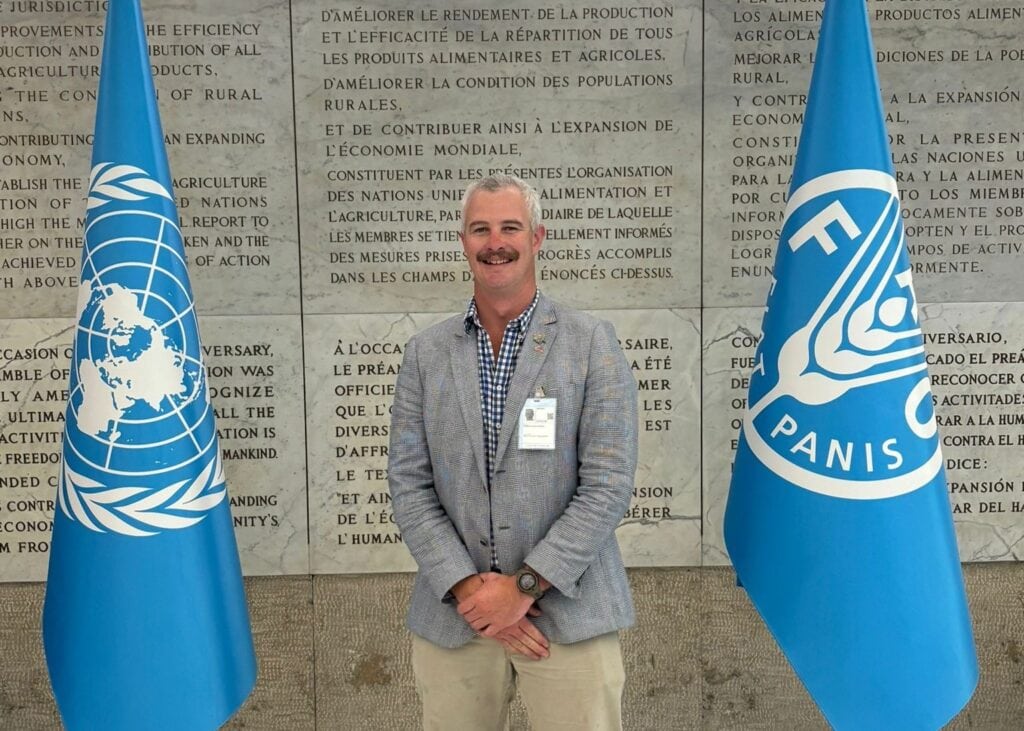
It was a chance for us to discuss and learn from the challenges faced by other young farmers.
A great example was a grain producer called Noel Banville, from Ireland. Both of us are heavily involved in our respective grains industries and discussions with him painted a stark picture of our future if overbearing regulation takes hold.
Noel said there was growing herbicide resistance in Ireland due to the limited amount of chemistry Irish farmers were allowed to use to manage their crops.
In addition to this there was fertiliser caps, including on the amount of nitrogen that could be applied to a field, limiting the potential yield. Both policies would be devastating to the productivity, profitability and sustainability of Australian farming if they were to be implemented here.
We are already seeing influences of European policy on Australian production through programs like the International Sustainability and Carbon Certification.
Given these forums are where policy is discussed and developed, it is important farmers are present to share their perspectives and experiences.
This includes to explain why we produce food the way we do and how we manage our land in a way that is productive, profitable and sustainable. This includes aspects such as how we manage our paddocks to convert moisture into produce.
In grazing scenarios this means managing stocking densities and paddock rotation, while in cropping we need access to a broad range of chemistry to effectively manage weeds and maintain our stubble cover.
Without being present at these events, we can’t explain and demonstrate why we produce food the way that we do and how enforcing European Union-style restrictions would actually increase the risk to the landscape.
If growers aren’t allowed a range of appropriate tools for weed control, there may be an increase in ploughing.
This would not only exacerbate moisture loss and reduce yield potential, but would also expose the soil to more erosion, further degrading our soils. The same applies to fertiliser restrictions. If we do not apply enough fertiliser to replace the nutrients we are exporting with produce, then we are mining our soils of nutrients and degrading them.
These are the stories I shared during my time at the World Food Forum. I had the opportunity to share them through being involved with NSW Farmers, National Farmers Federation and the WFO. If we want to protect our industry, then as growers we need to be involved.


